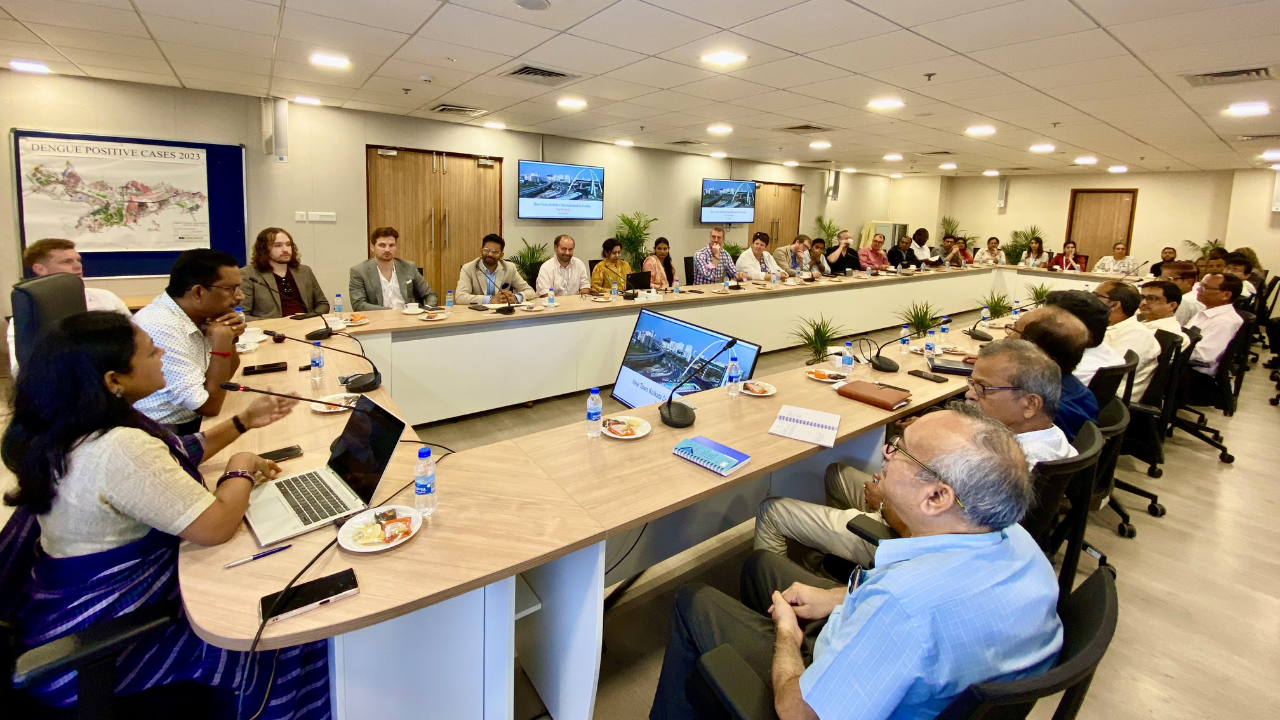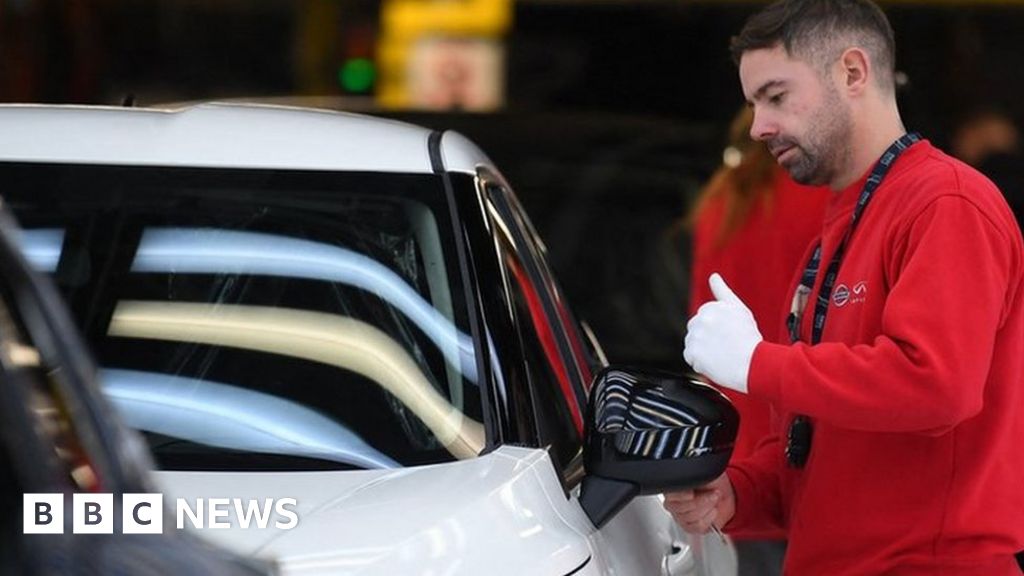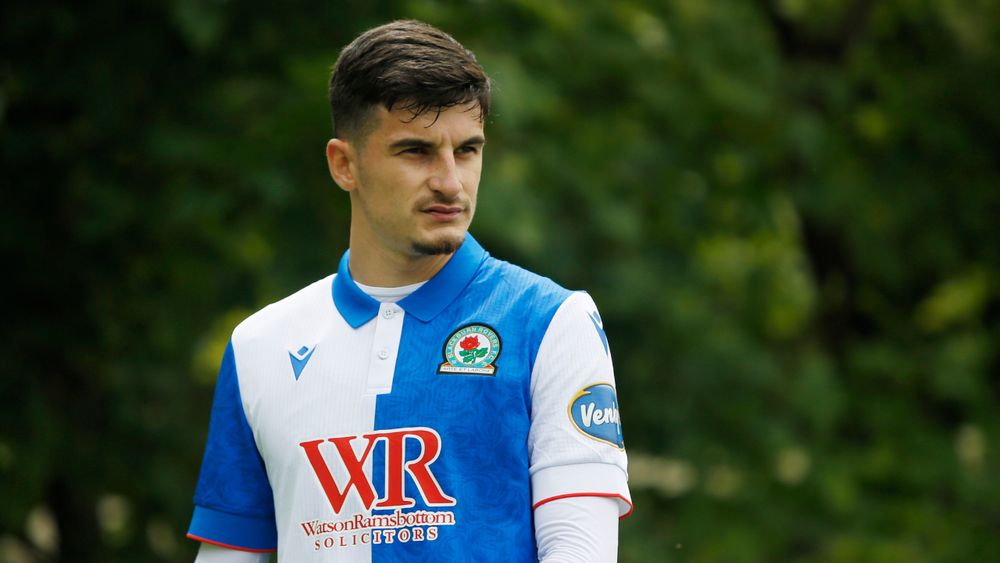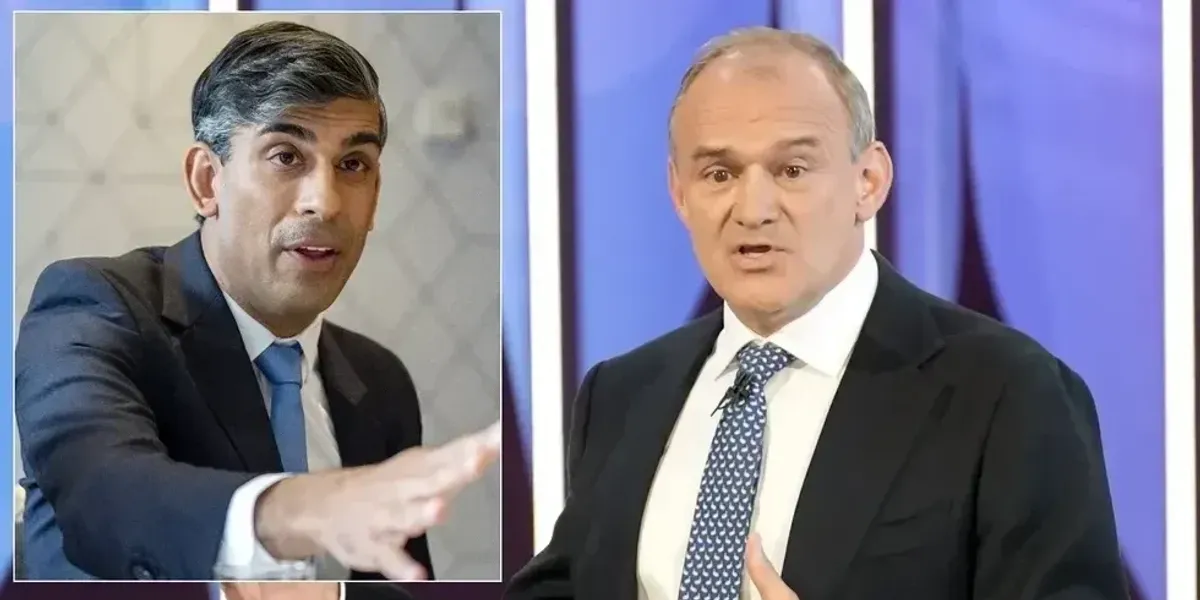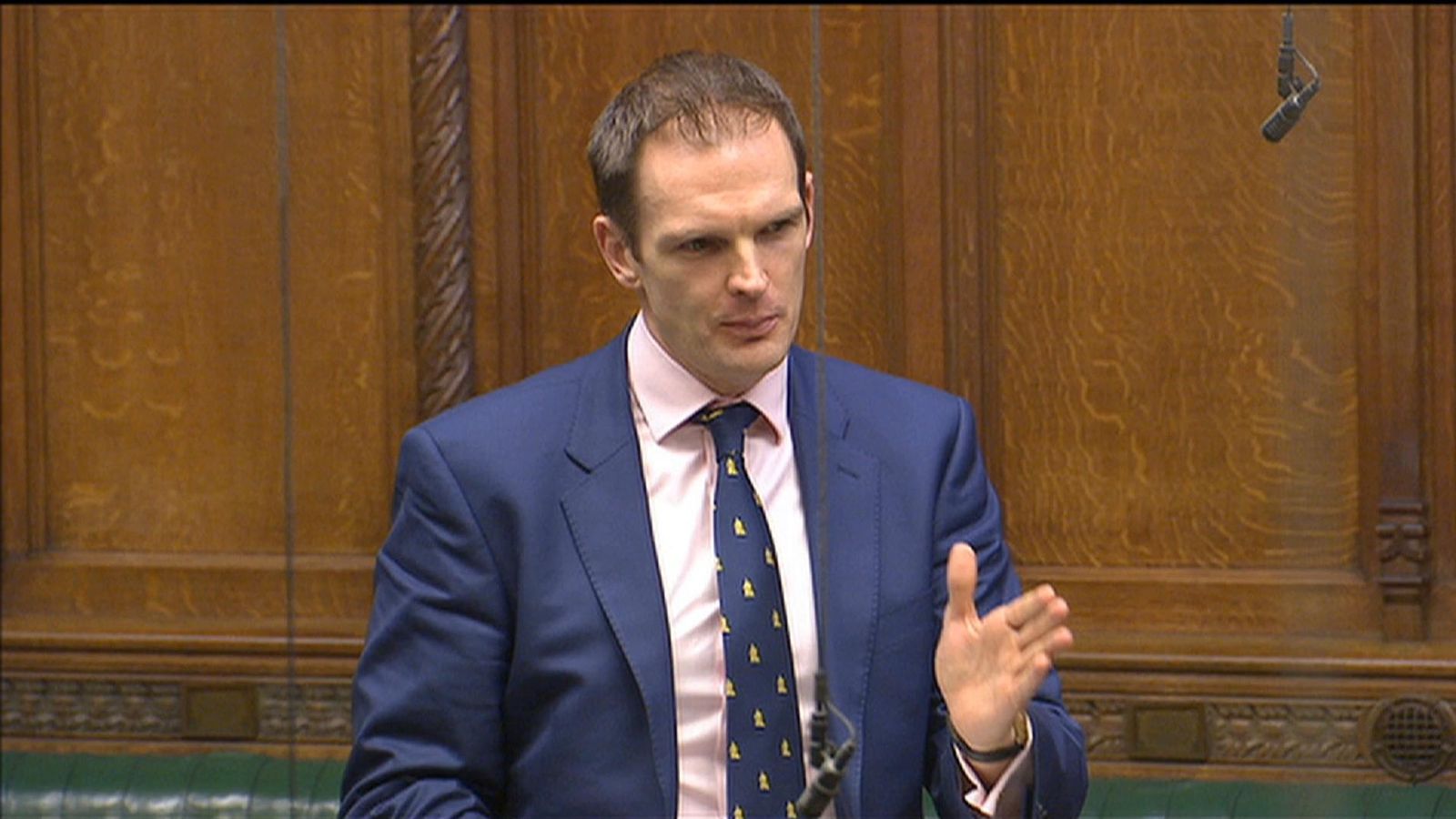GameFi, which is characterized by play-to-earn (P2E), started growing as early as 2018. After the continuous improvement of the infrastructure in the areas of decentralized finance (DeFi) and non-fungible tokens (NFT), the concept of decentralization has become even more popular. This accelerated the further development of GameFi in 2021.
Based on the traditional game model, the innovative P2E feature has become the biggest selling point that attracts many customers. For example, Axie Infinity, with support from Yield Guild Games (YGG), has largely helped generate an income for young people in the Philippines who have lost their jobs due to the epidemic. The success of Axie Infinity has drawn more similar companies to join this space – allowing us to see the tremendous potential of this segment.
Blockchain games are decentralized and user-centric, as the trends of User Generated Content (UGC) and Decentralized Autonomous Organization (DAO) show. This is exactly the same as the concept of Metaverse. Therefore, in terms of game types, role-playing games are more suitable for blockchain and metaverse.
Miracle Game is a strategy massively multiplayer online role-playing game (MMORPG) with the features of Metaverse, GameFi and P2E. This particular game model has caught the attention of many gamers and investors.
Miracle Game runs through the entire game with one main storyline. The story is based on such a background, namely the war disputes between Terrans, Elves, Marines and Asmodians. Getting started with Miracle Game gameplay isn’t difficult, but it’s more about using strategy. This means that general players have the opportunity to defeat players who have recharged themselves in the game through strategy and formation in a battle and thereby receive generous P2E rewards. In the game, MU tokens can be used for functional notification within the ecology to achieve the goals of incentives, governance and value circulation etc.
Miracle Game combines several gameplays from Tactics, Pet Blind Box, Element Marks, Creation and Progression of Heroes and Territory, etc. The overall game is essentially based on Tactics, players can buy or synthesize heroes to assemble them into a more powerful troop. Different heroes have different skills and attributes. Upgrading heroes can gain higher immediate combat strength to improve overall performance.
Players make use of strategies such as the sequence of operations during combat, the timing of skill unleashing, the combined use of skills, etc.
Miracle Game’s Championship allows players to play against global players. Matching players consume a certain amount of energy. If the energy value is 0, the match is refused. Only when it recovers can it continue playing and playing. Fighting is a common interaction in P2E that can make the game more interesting and immersive.
In Miracle Game, players can create and upgrade heroes (the hero himself is an NFT asset). For example, you can use MU tokens to buy blind boxes to create heroes and consume MU to get more immediate combat power. A hero is born with six elemental characteristics (light, earth, fire, wind, darkness and water) that determine the hero’s growth, natural talent, strength and quality. Factors such as the number of heroes in the tribe, the cumulative total number of creations and the number of MU tokens the player owns also determine the hero’s upper quality limit. This means that either constantly upgrading heroes or receiving game rewards can bring benefits to the next hero creation.

In addition to creating and upgrading heroes, players can further support the heroes by giving them pets. Although pets do not directly participate in combat, a combination of different pets can determine the combat arrangements and positions available to the force. This includes tactics and antagonism.
Land is also designed in the Miracle Game ecosystem. Players can purchase NFT mainland assets through MU. There are a total of 120,000 plots belonging to 6 regions. The appropriate local skilled workers, building materials and other resources in the region are produced. Priority access to these resources rests with the owner of the territory. Resources can help players benefit from transactions, empower heroes, build houses, and serve many other purposes. With a low probability, rare antiques can also be produced on the territory and auctioned in-game or picked up via the auction house.
Miracle Game uses team hero combat as the main game mode, but puts more emphasis on controlling strategy. In contrast to blindly relying on upgrades and strengthening the immediate combat strength of heroes. There are currently only a few strategic role-playing games similar to Miracle Game in the GameFi sector. Miracle Game’s strategy isn’t just limited to game skills. The combination of upgrade skills and pets also challenges players’ understanding of the game. In keeping with the main storyline of the game, Miracle Game will incorporate more gameplay to improve the whole ecosystem.

Although P2E is a trend in the GameFi sector, building a P2E model requires more value performance and a better balance in the economic model. GameFi is heavily based on the DeFi economic model. However, DeFi has drawbacks, that is, the loss of ecological value after players generate income through P2E, which ultimately leads to the difficulty of long-term ecological development.
Miracle Game builds a kind of P2E gameplay, but also a model that can be recycled with economical consumption. As ecological incentive tokens, MU tokens have many consumption and circulation scenarios, such as buying heroes, empowering heroes, buying pets, land, energy value and resource trading. If MU tokens are used to pay service fees, they will be destroyed. Therefore, players with high standards of gaming experience will have a strong demand for MU. The balance of incentives and consumption can strengthen the value barrier for wildlife ecology, which is beneficial for the long-term development of Miracle Game.
It is foreseeable that more and more traditional games will enter the GameFi area – which is fueling the rapid growth of this sector. Miracle Game, integrates Metaverse, GameFi and P2E functions. It offers constructive practical experience for market latecomers – based on market research with great potential.


